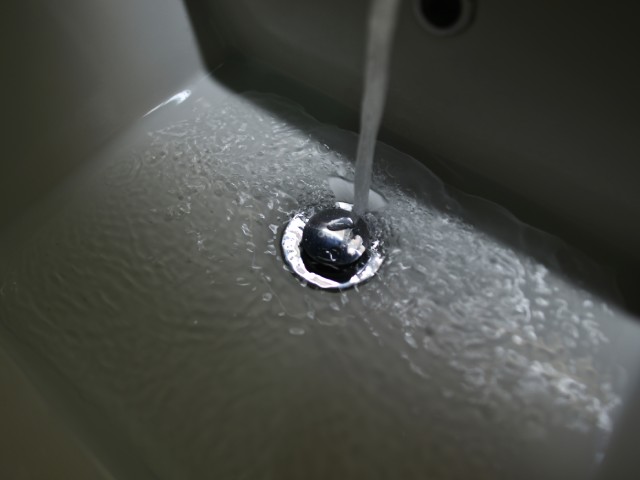Updated: Jun 20, 2024, 5:25 PM | By StateNewsJournal

Clogged or slow-draining sinks and tubs can be a common nuisance in any household. While it’s frustrating to deal with standing water and sluggish drains, understanding the root causes can help you address the issue effectively.
Let’s look at four common reasons for slow-draining sinks and tubs to help you troubleshoot and fix the problem.
One of the most common reasons for slow-draining sinks and tubs is hair buildup. When we wash our hair in the shower or brush it over the sink, loose strands often get caught in the drain. Over time, these hairs can accumulate and form a clog that restricts water flow. To prevent this issue, invest in a drain cover or strainer to catch any hair before it goes down the drain.
If your sink or tub is already slow-draining due to hair buildup, you can try using a plunger or plumbing snake to dislodge the clog. Another option is to use a mixture of baking soda and vinegar, followed by hot water, to break down the hair and clear the drain.
Another common cause of slow-draining sinks and tubs is soap scum buildup. As we use soap to clean ourselves and our dishes, it can leave behind a residue that coats the inside of pipes and drains. This buildup can trap other debris, leading to clogs over time.
To prevent soap scum from causing slow drainage, make sure to regularly clean your sink or tub with a mild cleaner or a mixture of baking soda and vinegar. You can also try using a plunger or plumbing snake to break up the scum and clear the drain.
In kitchen sinks, grease and food particles are often the culprits behind slow drainage. When we wash dishes or dispose of cooking oils down the sink, they can solidify and stick to the inside of pipes. Over time, these buildups can restrict water flow and cause clogs.
To prevent this issue, you should avoid washing greasy dishes in the sink and be mindful of what you put down on your garbage disposal. Properly disposing of cooking oil in a sealed container and regularly cleaning your garbage disposal can also help prevent slow-draining sinks.
In areas with hard water, mineral deposits can be a common cause of slow-draining sinks and tubs. As water flows through pipes, it can leave behind calcium and magnesium deposits that accumulate over time. These deposits can restrict water flow and cause blockages in drains.
To address this issue, you may need to hire a professional plumber to clean and remove the mineral buildup from your pipes. Regularly using a water softener or installing a whole-house filtration system can also help prevent mineral deposits from causing slow drainage.
By understanding these common reasons for slow-draining sinks and tubs, you can take the necessary steps to prevent clogs and keep your drains flowing smoothly. So whether your sink is making a gurgling sound or your tub is taking forever to drain, don’t ignore the issue. Instead, try these solutions to keep your pipes clean and clear. Remember—proper maintenance and prevention can save you from having to deal with major plumbing problems in the future. Keep your sinks and tubs running smoothly by keeping an eye out for these common causes of slow drainage.
24World Media does not take any responsibility of the information you see on this page. The content this page contains is from independent third-party content provider. If you have any concerns regarding the content, please free to write us here: contact@24worldmedia.com


Industries Currently Relying on ....

5 Essential Tips on How To Hurri....

Mistakes To Avoid When You’re ....

The 5 Pieces of PPE Every Constr....

Lake Fishing: Tips and Tricks fo....

The Process Behind Custom Soleno....

Tips for Maintaining an Indoor P....

How To Know if Your Industrial F....